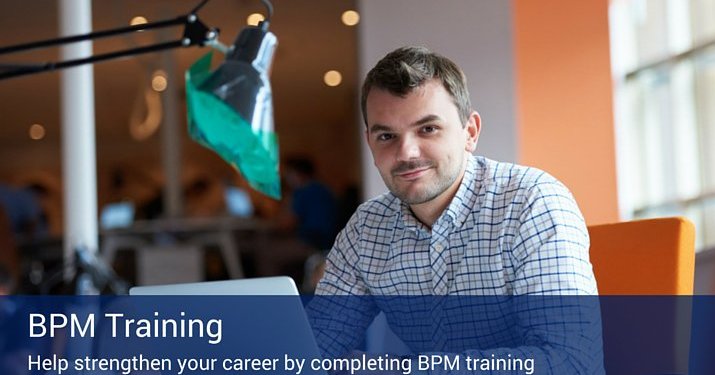Where Should I Get BPM Training?
Last Updated May 25, 2021

A strong Business Process Management (BPM) system can be beneficial to individuals and organizations. Certified BPM professionals have a clear understanding of BPM competencies and best practices that can help bring structure to an organization. By certifying yourself as a BPM professional, you’re preparing to strengthen your business workflows, maximize return on investment at various levels of the organization and take the next step in your career.
But before selecting a BPM certification program, it’s important to ask a few questions.
What are the prerequisites for this program?
Before you make plans for certification, ensure you meet the minimum requirements. The majority of BPM training programs typically require applicants to demonstrate some level of experience and business savvy.
Certain organizations may have specific experience or education requirements, but generally, candidates should have some experience working with process improvement and management, as well as be familiar with a few disciplines often linked to BPM, such as Lean Six Sigma and Agile.
What topics does the program cover?
The concept of Business Process Management covers a wide range of themes and ideas, and while the certification path teaches the fundamental tenets of BPM, curriculum is also based on unique and specific topics such as business process technologies or process measurement.
No program can cover everything, which is why applicants should reflect on their specific business needs and determine which portions of BPM are most important and relevant to their career. Certification programs teach applicants usable skills that can be applied right away, rather than just theories and principles.
Is the course flexible?
Finding a comfortable work, life and school balance is important when taking education online. Because of the typical constraints of full-time careers, candidates should choose a program that allows for study and preparation time in between other day-to-day responsibilities. Several program providers currently offer certification courses via smartphones or tablets, so that time-conscious working professionals can create their own flexible study schedules. It’s important to select a training program that fits with your schedule.
Does the course have a practical component?
In many areas of study, theory is the foundation of practice. BPM is no different. Most programs introduce the theories that support BPM. But whatever program you choose, make sure the theory-based curriculum is supplemented with examples of real-world case studies and practical knowledge. Courses should demonstrate skill application, such as:
- How do I apply these lessons to my life and workplace?
- What actions do I need to take to walk out of the program and start maximizing value in my life and business?
A BPM certification can help strengthen your career and organization, but only if it’s the right program for you. Before embarking on this pursuit, make sure you’re ready, take audit of your business needs and be aware of your schedule and constraints.
